With most purchases in life, you can get a better deal if you cut out the middle man. This is true for buying real estate as well. If you buy a home listed as ‘for sale by owner,’ you may be able to negotiate a better price, since the owner doesn’t have to pay commission to a real estate agent. However, buying property this way can have it pitfalls too, so you shouldn’t go into it blindly. To be sure that you’re covering all your bases, here’s what you need to know when buying ‘for sale by owner’ properties.
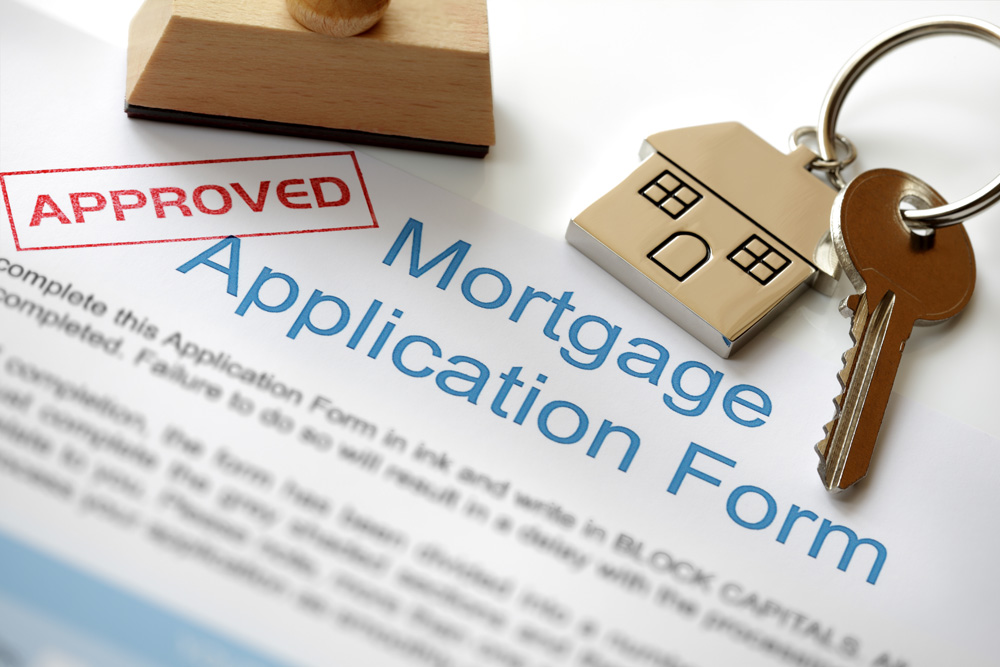
Get Pre-Approved
Before you contact the seller of that dream home, you need to be able to prove that you can afford it. To do this, you need to get pre-approval from a mortgage lender. Pre-approval helps you to know what your price range is and it also shows the seller that you’re serious about buying property.
Related: This is the Income Required to Own a Home in Canada’s 13 Hottest Real Estate Markets

Know What You’re Looking For
Before you start scouring the classifieds for ‘for sale by owner’ or FSBO properties, make a list of the things you’re looking for in a property. Do you have a specific neighbourhood, town or city in mind? How big a home do you need? Would you like your new home to be close to good schools or public transport? Knowing what you’re looking for will help you narrow down your search.
Related: The Do’s and Don’ts of Buying Property With Friends
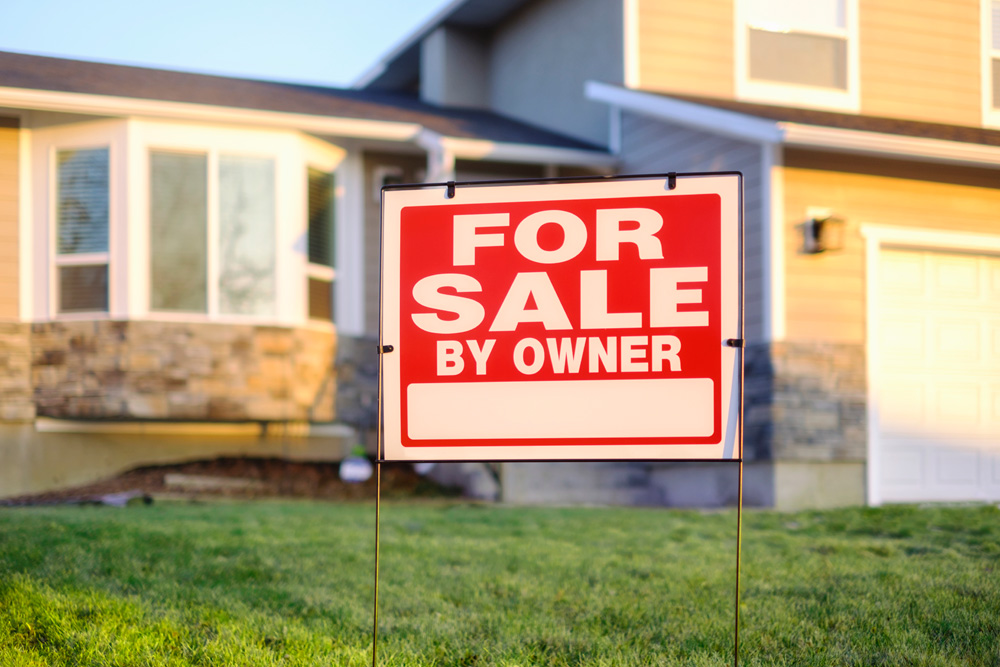
Look for FSBO Properties
Once you have an idea of what you want and what you can afford in a home, it’s time to look for properties that meet your criteria. You can look on FSBO websites, online classifieds like Craigslist, multiple listings service or MLS websites, the classifieds in your local newspaper and even on social media. Otherwise, go for a Sunday afternoon drive in the area you’re interested in and look for homes sporting a sign that says ‘for sale by owner’.

Check the Amenities Available in the Neighbourhood
There’s a good reason why real estate agents like to use the phrase “location, location, location.” When the property is close to good amenities such as schools, shopping centres or public transport routes, its value tends to go up. While this means you might have to pay more for the property, it also means you’ll be able to ask for more if you decide to resell the home.

Check That the Home is Close to Amenities, but Not Too Close
Of course it’s convenient if a home is close to amenities, but you also need to take into account the cons of having those amenities on your doorstep. If you live across from a hospital, for instance, you might be woken up night after night by ambulances with sirens blaring. Living across from a school or shopping mall can create traffic problems. It might be better to look for a property a block or two away.
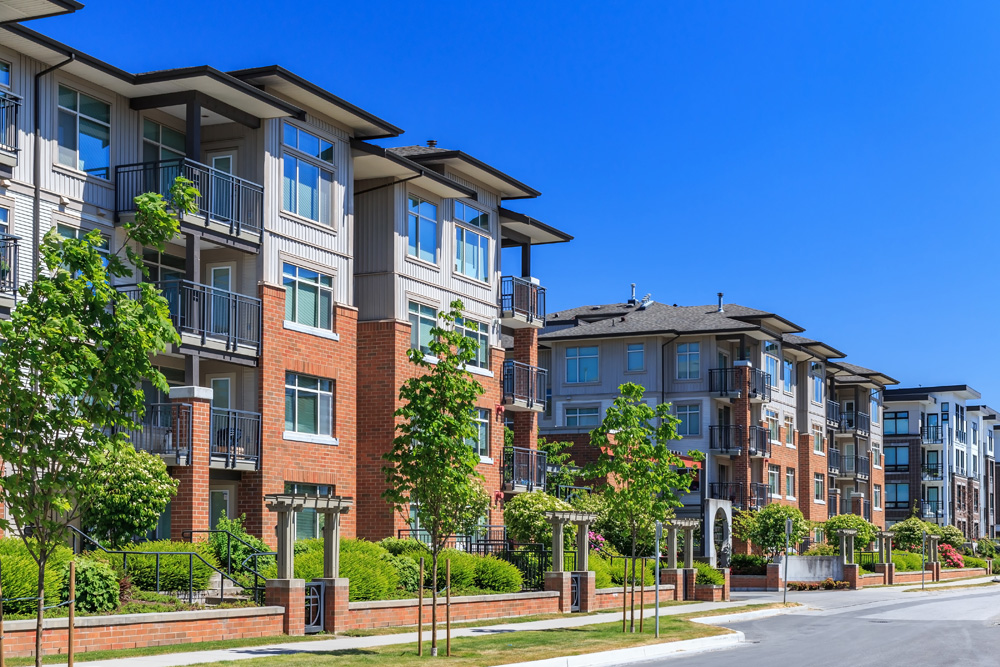
Consider the Extra Costs
A new address may come with extra costs you hadn’t thought of, so consider every possibility and be sure you’ll still be able to afford that home. A condo may come with homeowner’s association fees, not to mention rules and regulations about everything from your pets to your colour scheme. A house in the country means you’ll be spending more time commuting and on maintaining that large yard. In fact, Scott McGillivray says that one of the homebuying myths you need to stop believing is that it’s cheaper to leave the city.

Research the Risks Associated With the Neighbourhood
Even those seemingly tranquil neighbourhoods may come with all kinds of risks. Do your research about risks like high crime rates and natural disasters such as flooding and wildfires.

Research the Demographics of the Neighbourhood
Do you want to be the only young person living in a neighbourhood full of retirees? Or do you want to be surrounded by student homes? Research the demographics of the neighbourhood to find out more about your potential neighbours. Also, check the demographic trends over time. Gentrification, for instance, may mean that you can buy a home for a steal now and sell it at twice the price in a few years.
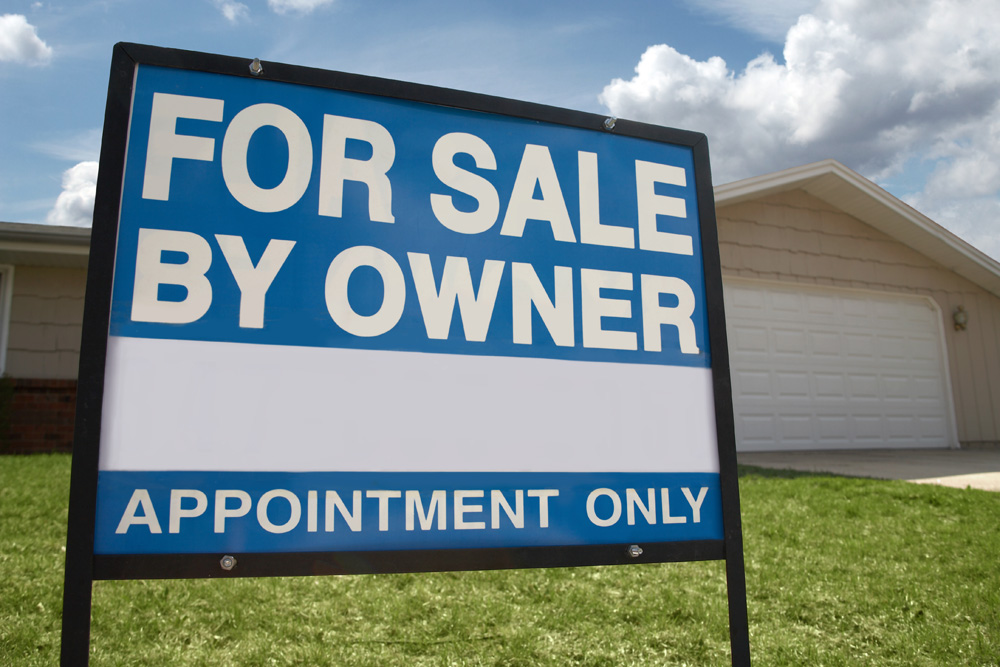
Contact the Owner
When you’ve found a property that interests you, it’s time to contact the owner and set up a time to meet. You can also use this opportunity to ask for more information about the property and why the owner is selling.
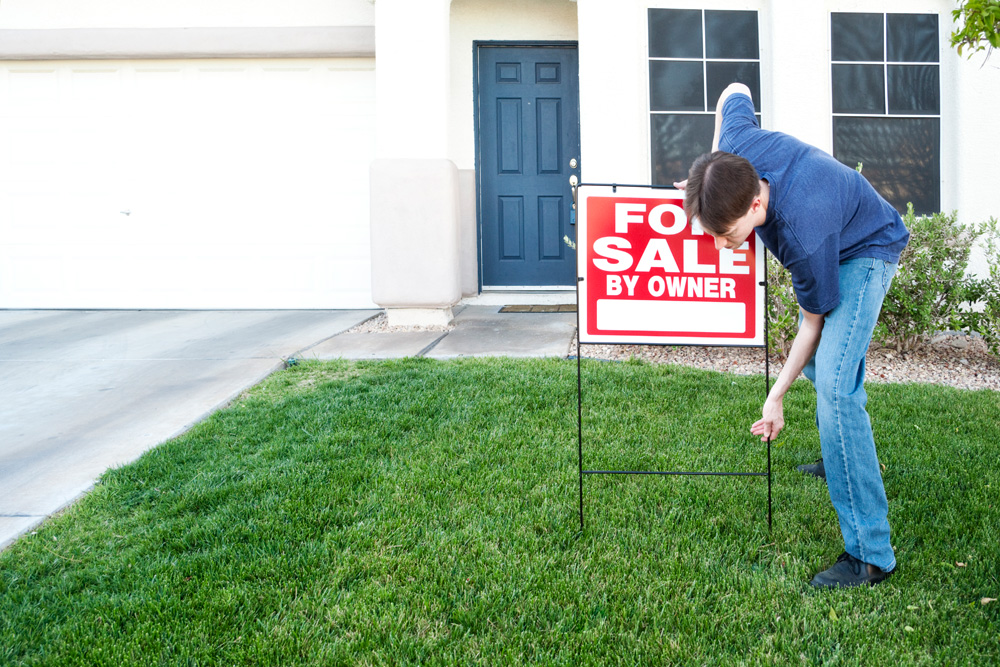
Find out Why the Owner is Selling
When you meet with the owner and view the property, you need to find out why the owner is selling. The answer may alert you to potential problems, such as difficult neighbours. It can also help you negotiate a better price: if the owner is relocating for a job, they’ll be more motivated to sell and be more willing to do so at a lower price. This is also the case with a property that’s been on the market for a long time.
Related: 7 Reasons Why Buying a House in the Winter is a Smart Move
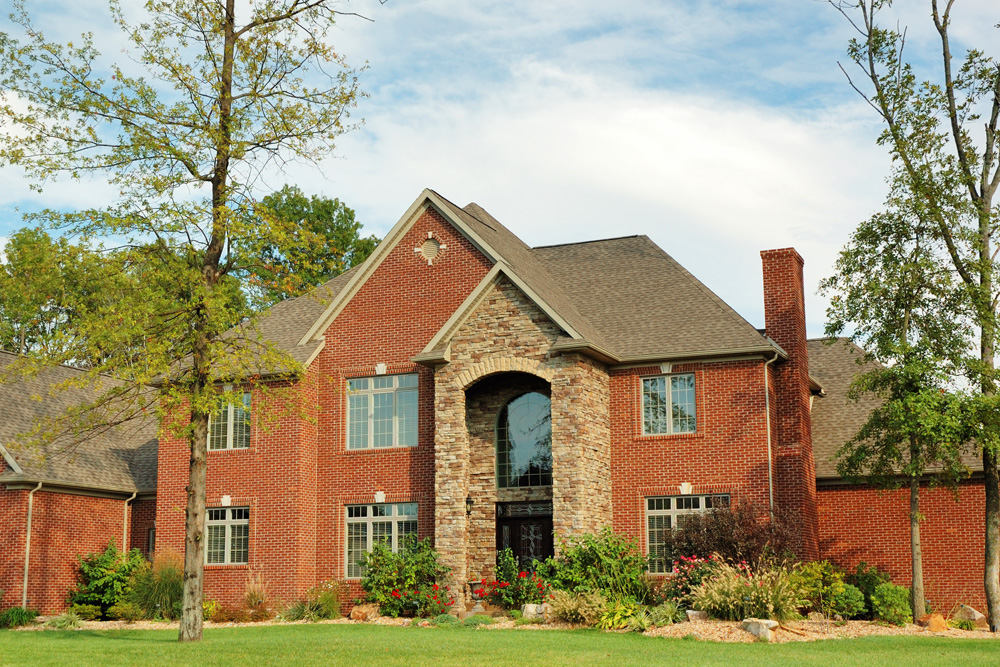
Find out What’s Included in the Sale
As you tour the property, ask the owner about what is included in the sale. Will you get to keep the appliances, for instance? Are there pieces of furniture that the owner will leave behind? Does the selling price include the window treatments or will you have to get new ones?
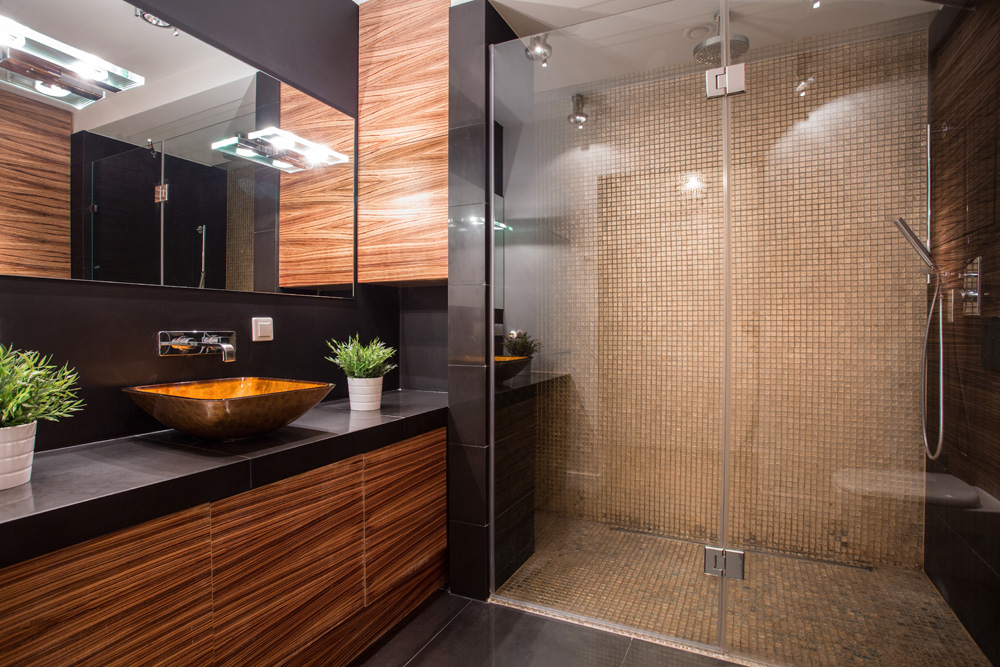
Find out About Renovations and Repairs
Ask the owner about any major renovations and repairs done to the property. This will give you an idea of past problems that may crop up again. DIY repairs or certain renovations – like replacing a bathtub with a luxury shower – are things that can decrease the value of a home. This means you can negotiate a lower price.
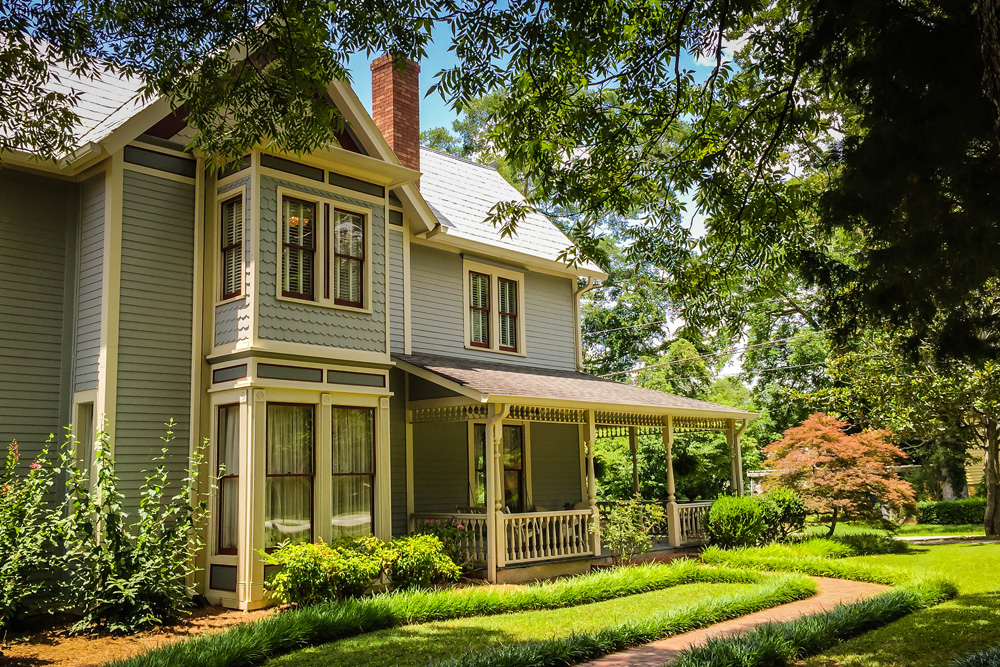
Ask About the Age of the House and Its Systems
An old house may have lots of character, but it can also have lots of things that need fixing or will need fixing soon. Ask how old the appliances, plumbing system, electrical system, heating and cooling system and the roof are so that you can be prepared for potential problems. You may even get the owner to drop the price if these features are old.
Related: Ellen DeGeneres Buys Adam Levine’s Posh Beverly Hills Mansion for $45M

Know What to Ask About Rural Homes Specifically
If you buy a rural home, there are additional factors that come into play, so you need to know about these. How does the property get utilities? Does the water come from a well, for instance? Are there easements on the property, where someone else has the right to use part of the land? Who owns the mineral rights?
Related: 10 Things You Should Know Before Buying Your First Cottage, According to Scott McGillivray
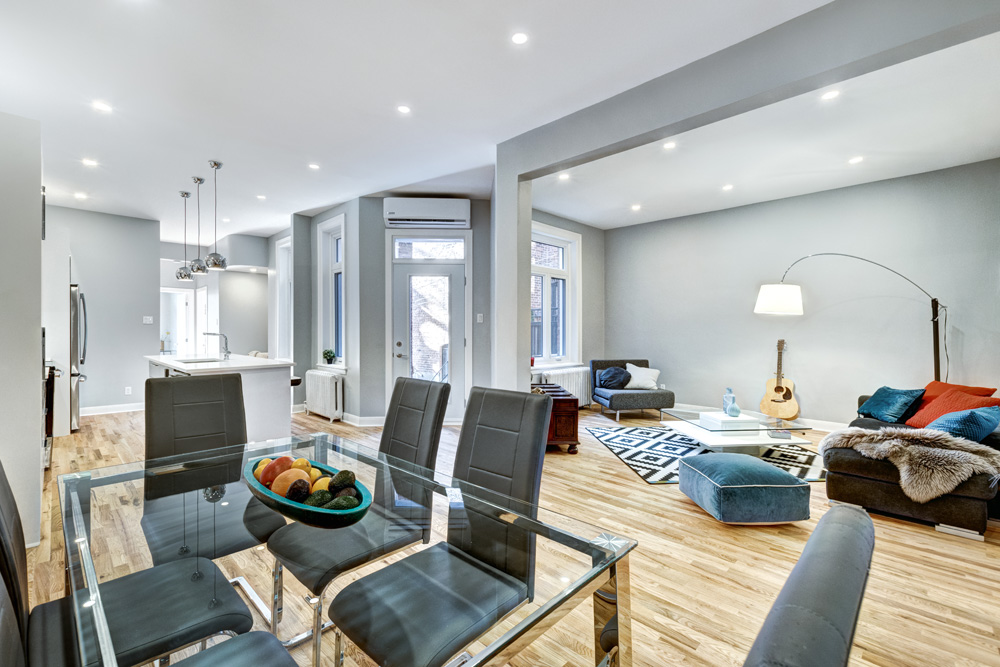
Look out for Staging Tricks
Don’t make the mistake of thinking that because it’s a FSBO property, the owner won’t be savvy about staging the house. With a bit of research, anybody can stage a home like a pro to hide flaws. Look out for sneaky staging tricks to make rooms look bigger, hide unpleasant views or hide problems like rising damp.

Research the Property’s Insurance History
Knowing about the insurance claims made on the property in the past will help you identify potential problems and give you an idea of insurance rates. Ask the owner to supply you with a Habitational Insurance Tracking Service or HITS report.
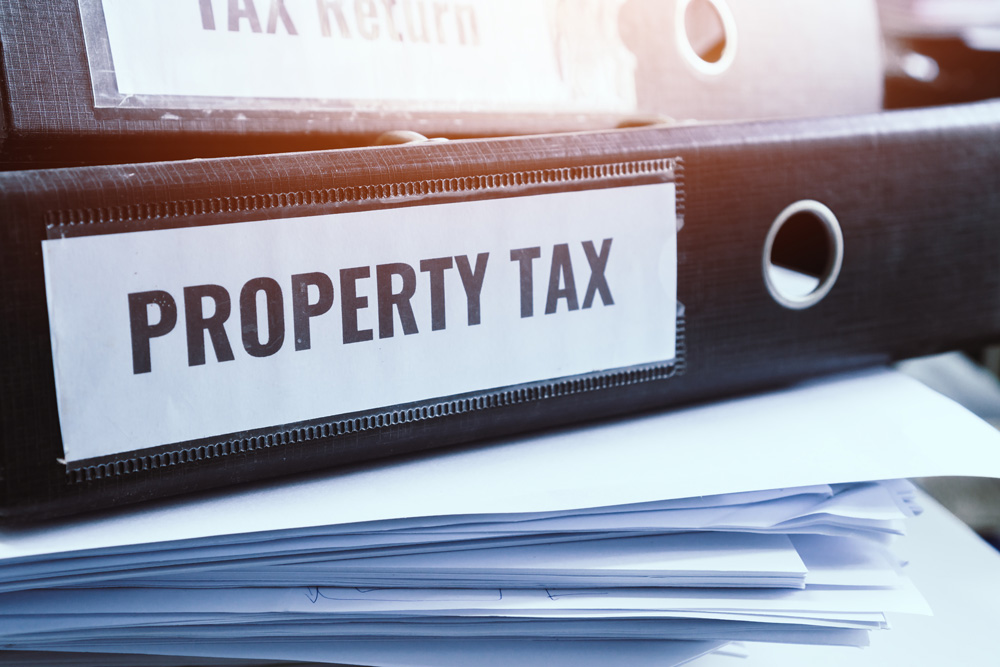
Inquire About Property Taxes
If you want to own a home, you need to be able to afford the mortgage and the upkeep of the property, but you also need to be able to pay the required property taxes. In addition, find out whether these tax rates stay consistent or whether they vary from one year to another.
Related: 7 Things to Consider Before Buying Your First Home in 2019
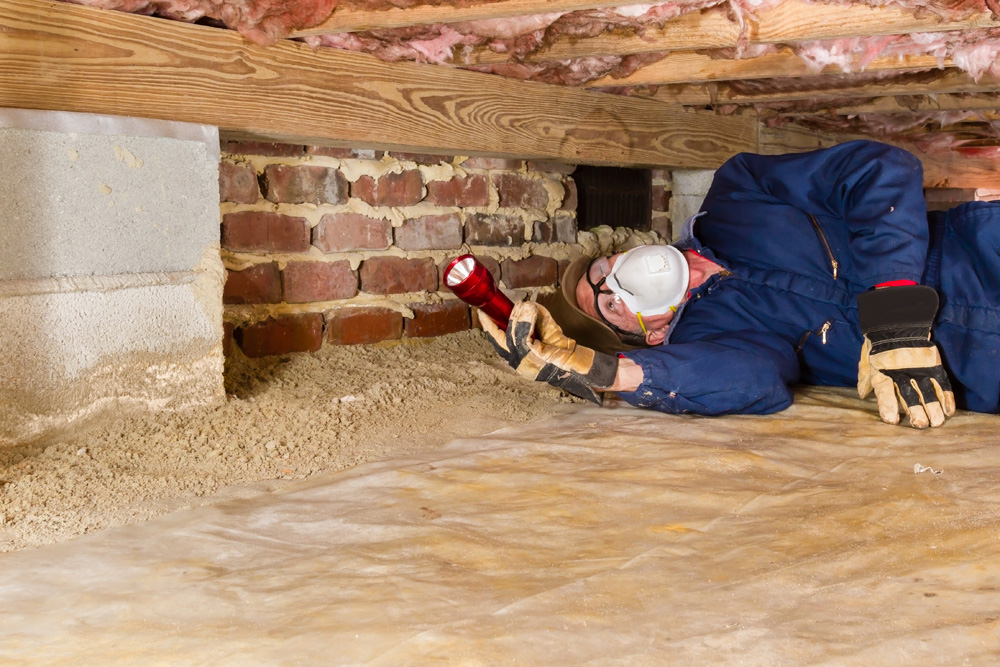
Have a Professional Home Inspection Done
Even if the owner is completely honest about problems with the property, there might be issues they’re not aware of. Get a home inspection done by a qualified professional who knows what to look for. Usually, the home inspection comes once you’ve made an offer, but you can ask to have it done earlier. If the home inspection reveals problems with the property, you can avoid making a big mistake.
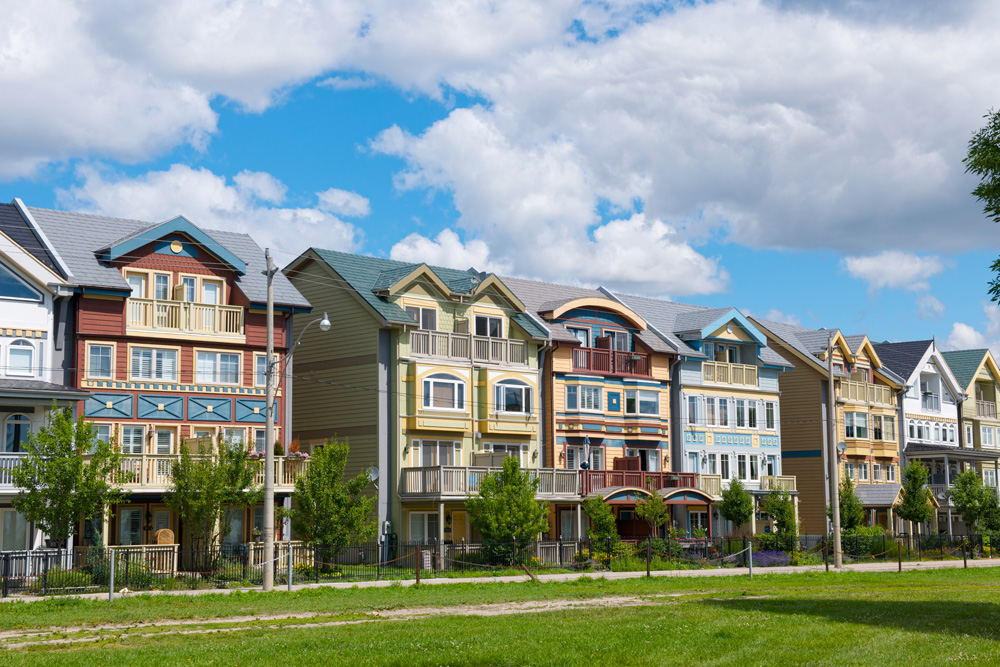
Get a Valuation Report of Other Homes in the Neighbourhood
Before you make an offer, it’s a good idea to find out what other homes in the neighbourhood are worth. This will give you an idea of the property’s real value. Look for sales prices of homes similar to the one you want to buy. You can look online for property appraisals, but it might be easier to enlist the help of a buyer’s agent.
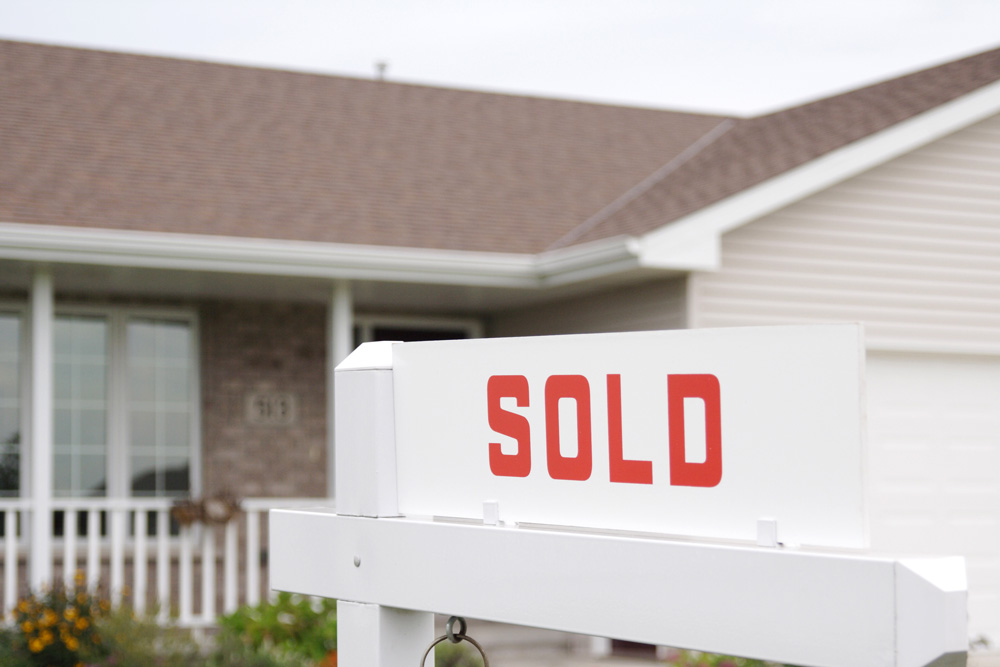
Remember the Final Details
When it comes to making an offer and finalizing the transaction, you need to remember all the little details. Who pays for what? What are the contingencies you should include? When can you move in? It’s a good idea to get a lawyer to help you with this part of the process. It’s also a good idea to pay your deposit into an escrow account rather than directly into the seller’s account, in case the deal falls through.
Related: Look Inside the Free Luxury Condos Offered to Kawhi Leonard if He Stays With the Raptors
HGTV your inbox.
By clicking "SIGN UP” you agree to receive emails from HGTV and accept Corus' Terms of Use and Corus' Privacy Policy.





